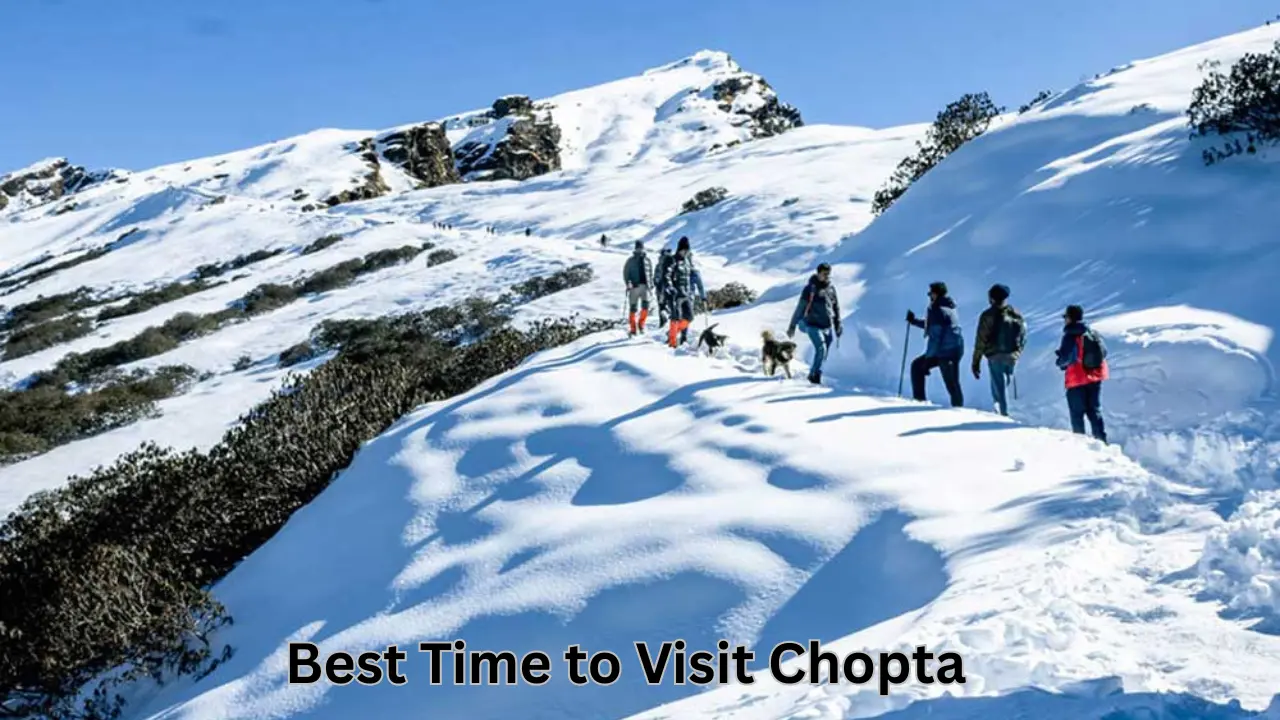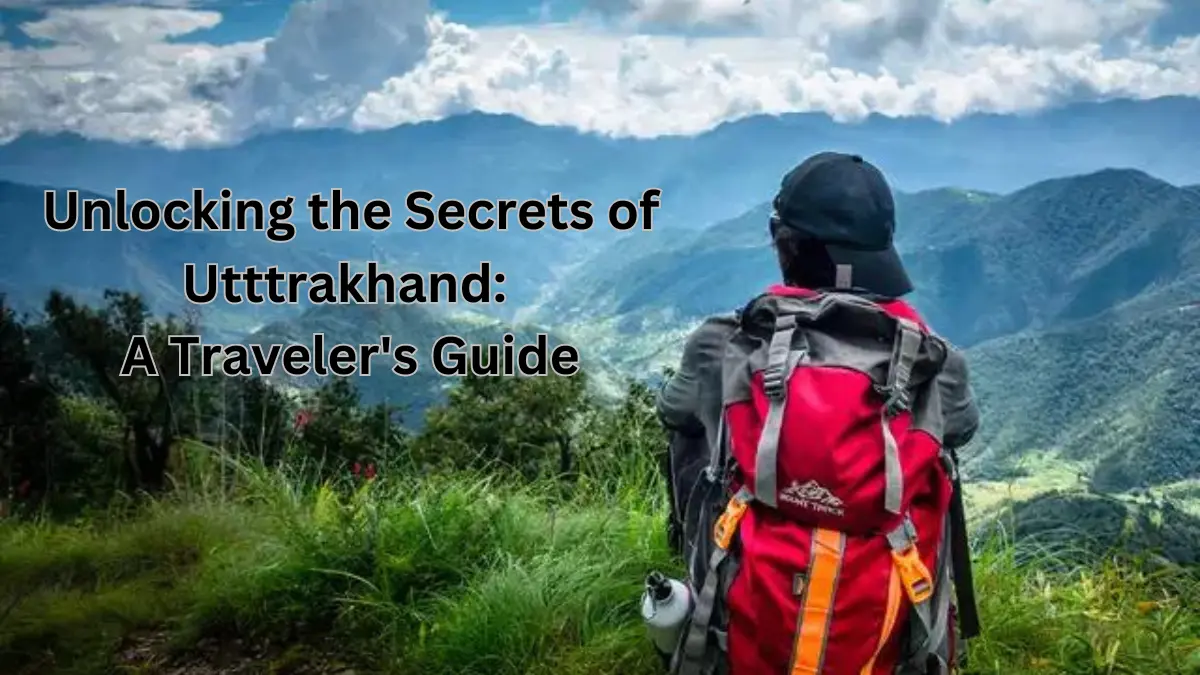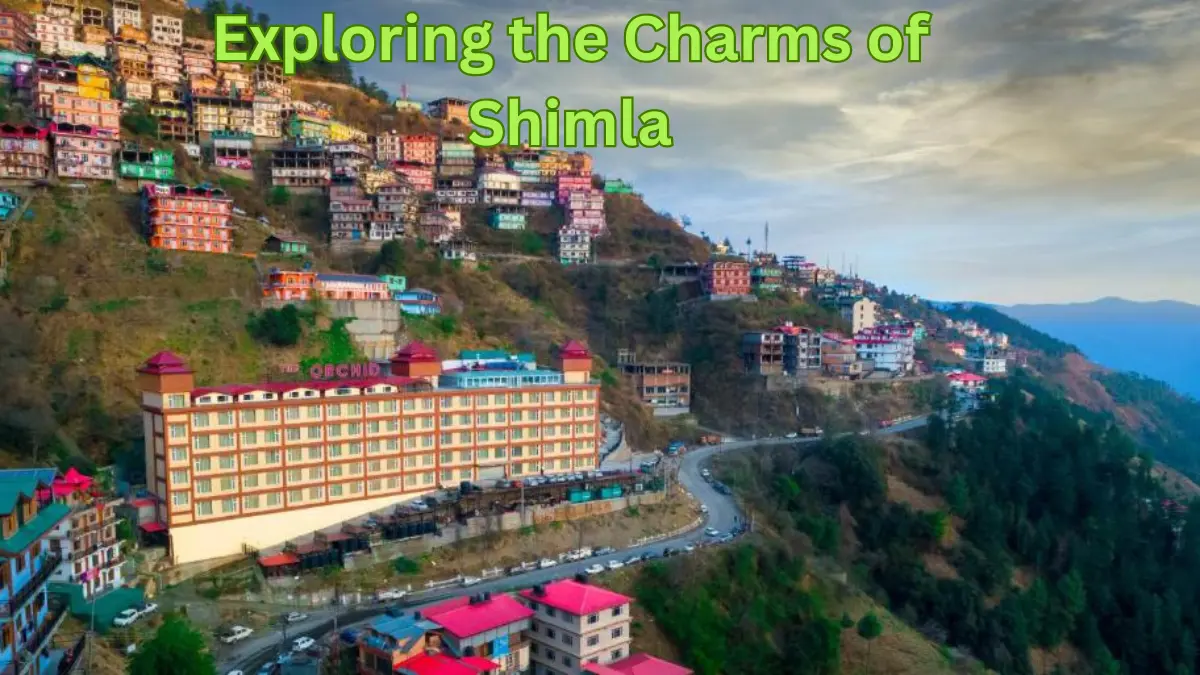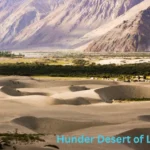Table of Contents
Best time to visit Chopta for snow is a common question for adventure lovers and winter travel enthusiasts. Nestled in the Garhwal Himalayas of Uttarakhand, Chopta transforms into a snowy wonderland during winter months. If you’re planning to witness the magic of snowfall, trek through white trails, or enjoy serene winter landscapes, knowing the exact timing is crucial. This guide gives you detailed insights into when and why Chopta is best during snowfall, along with travel tips, must-do activities, and FAQs.
Why Visit Chopta During Snowfall Season?
- Stunning Snow-Covered Peaks: Witness snow-capped views of Nanda Devi, Chaukhamba, and Trishul.
- Adventure Treks: Snow-laden treks like Tungnath and Chandrashila offer surreal experiences.
- Winter Photography: Perfect for landscape photographers and vloggers.
- Peaceful Escapade: Fewer tourists mean more tranquility and time with nature.
- Unforgettable Sunrises: Watch golden hues over a white carpet of snow at 4000+ meters!
When Is the Best Time to Visit Chopta for Snow?
| Month | Snowfall Likelihood | Special Notes |
|---|---|---|
| Late December | High | First snow starts falling, roads remain mostly open |
| January | Very High | Thick snow blanket; ideal for snow treks |
| February | High | Less crowded, good time for peaceful photography |
| Early March | Medium | Snow begins melting, perfect for both snow and greenery |
Top Spots to Experience Snow in Chopta
- Chopta Meadows: The meadows themselves turn into snowfields with panoramic views.
- Tungnath Temple: Reachable by trekking, looks divine amidst snow. Oldest Shiva temple at 3680m.
- Chandrashila Peak: A tough but rewarding climb offering 360° views of snow-drenched Himalayas.
Exciting Things to Do in Chopta During Snowfall
- Snow Trekking: Trek to Tungnath and Chandrashila with proper gear.
- Camping in Snow: Many local camps offer heated tents with snowy views.
- Snow Play: Build snowmen, snowball fights, or simply lie on the fresh snow!
- Stargazing: Winter skies are clearer — perfect for Milky Way shots.
- Bird Watching: You may spot Himalayan Monal, Uttarakhand’s state bird.
Essential Travel Tips for Visiting Chopta in Snow Season
| Tip | Details |
|---|---|
| Clothing | Layered woolens, thermal innerwear, gloves, and waterproof boots |
| Connectivity | Very limited; only BSNL works intermittently |
| Transport | Hire 4×4 vehicles; local taxis from Ukhimath available |
| Stay | Pre-book eco-camps or guesthouses in Duggalbitta or Baniyakund |
Estimated Budget for Snow Trip to Chopta (2 Days)
| Item | Cost (INR) |
|---|---|
| Travel (Delhi to Chopta & Return) | ₹2000 – ₹3000 |
| Accommodation (2 Nights) | ₹1200 – ₹2500 |
| Food | ₹500 – ₹800 |
| Trekking Guide & Gear | ₹800 – ₹1500 (optional) |
| Total | ₹4500 – ₹7800 |
Final Thoughts on Best Time to Visit Chopta for Snow
If you’re planning a snowy escape in Uttarakhand, the best time to visit Chopta for snow is undoubtedly between late December and February. This winter paradise offers adventure, peace, and a unique Himalayan experience that’s hard to match. Whether you’re trekking through snowy trails, sipping chai under the stars, or capturing Himalayan peaks wrapped in white — Chopta will leave your soul refreshed and your Instagram feed glowing!
FAQs about Best Time to Visit Chopta for Snow
1. Can we see snowfall in Chopta in December?
Yes, snowfall generally starts in mid to late December, making it a great time to visit if you want fresh snow.
2. Is Chopta safe to visit during snowfall?
Yes, it’s safe if you come well-prepared. Carry snow-friendly shoes, proper gear, and travel with experienced drivers.
3. Are treks like Tungnath open in winter?
Yes, but snowfall may block paths temporarily. Always check local weather and hire a guide in snowy conditions.
4. Are hotels open in Chopta during winter?
Yes, but many hotels close. Eco-camps and guesthouses at lower elevations (like Duggalbitta) remain operational.
5. Is January the coldest month in Chopta?
Yes, January is the coldest and snowiest month in Chopta, with temperatures dropping below -10°C at night.






